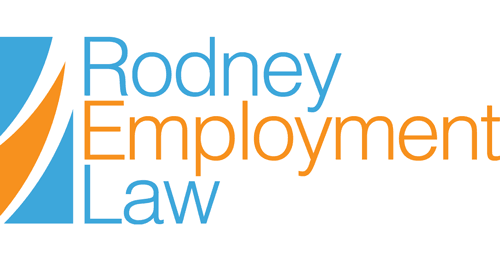
A Harsh Welcome Back: McFarlane v. King Inc., is a perfect example of what employers should not do upon an employee’s return to work from a leave
The recent decision, McFarlane v King Ursa Inc., is a powerful reminder of the importance of understanding employees’ rights when on protected leaves such as maternity or parental leave.
In this case, an Executive Vice President with four years of service was demoted with a significant cut in pay following a maternity leave. Prior to her maternity leave, Ms. McFarlane held a senior position as Executive Vice-President, earning approximately $317,000. Upon her return, she was offered an Associate position at a salary of $210,000.
The courts found that this significant change in position and salary constituted a constructive dismissal and emphasized several key points:
- Financial hardship is not a free pass: While it is clear that the employer was undergoing poor financial performance, the employer still has legal obligations to their employee to ensure fair treatment.
- No justification for a demotion: The court held that the attempt to demote the employee’s position, regardless of the change in salary had no economic justification and can be considered callous and unduly insensitive.
- Mitigation: Despite the fact that the employee was a relatively short-service employee, the Courts considered the lack of comparable employment available, particularly for a senior executive, resulting in a longer notice period of 12 months.
- Impact on dignity and self-esteem: The manner in which the employer handled the situation constituted a lack of care and caused a significant impact on an employee whose executive status is closely linked to her identity and self-esteem.
These factors led the court to award a twelve-month notice period plus $40,000 in moral damages for “unduly insensitive conduct” particularly for a vulnerable employee returning from maternity leave
Key Takeaways for Employers:
This case serves as a reminder for employers to take great care in making any changes to an employee’s role, particularly for an employee returning from a protected leave of absence.
Employers should avoid making any changes to an employee’s employment without first seeking legal advice. Employers must ensure that, upon return, the employee is reinstated in a comparable position. If that is not possible, seek expert advice to ensure that any changes are handled in a lawful, careful and sensitive manner!
Key Takeaways for Employees:
This case sends a clear message to employees that they do not have to accept substantial changes to their employment. It is illegal for employers to make significant, unilateral changes to employment without adequate notice or pay. If you are an employee dealing with this type of situation, seek legal advice right away. It is important to understand your rights as an employee before agreeing to a change or resigning. If a constructive dismissal has occurred, employees can be owed significant compensation.
If you have any questions regarding employment law or termination, please do not hesitate to reach out to Rodney Employment Law at [email protected] or complete our contact form here.
